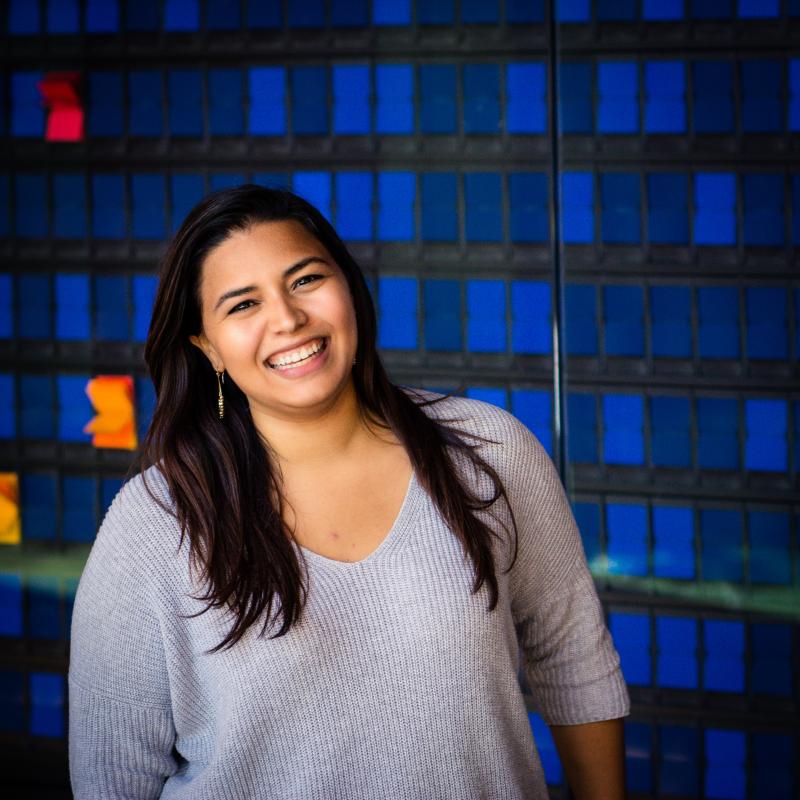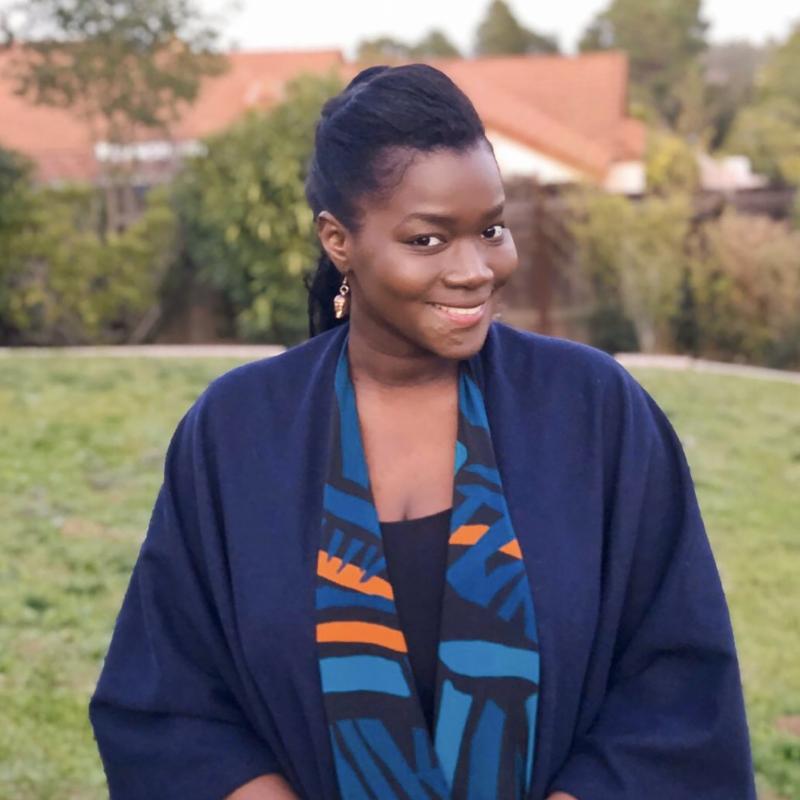
Ian Bott
Ian Bott has always had a passion for data. He remembers, for example, tracking football statistics for the Dallas Cowboys – at the age of 4. As he grew older, his enthusiasm for data analysis converged with his work in education, and in the fall of 2021 he enrolled in Stanford GSE’s new master’s program in education data science.
Bott worked as a middle school math teacher for several years before becoming dean of academic progress at a public charter high school in Houston. “As an administrator, I had lots of opportunities to harness data, and I did my best, but there was a lot more that could be leveraged,” said Bott, who hopes to move the industry toward creating more useful tools for learners.
After earning a master’s in mind, brain, and education from Harvard in 2020, he conducted research with the university’s Learning, Innovation, and Technology lab to deepen his expertise in educational digital technologies – for him, an area of both interest and concern. “Digital technologies are going to be a big part of the future of education, but we really need to be able to assess and evaluate exactly what’s beneficial and what’s hype—or even what’s harmful.” He expresses a healthy skepticism of the tech industry’s involvement in education: Will the industry do what is best for learners, or simply what drives the most users?
Part of what drew him to the GSE master’s program was an opportunity to collaborate with Professor Sean Reardon, who is now his advisor, and to study the Stanford Education Data Archive (SEDA), a database launched by Reardon that visually weaves together 200 million test score records and census data for every U.S. public school, school district, and community.
Bott, a dual citizen of the United States and the United Kingdom, is accustomed to seeing the world from multiple perspectives, and a project like SEDA throws into stark relief the education inequities that persist in this country. “Digital learning promises greater access, but that remains to be realized. How do we actually deliver on it? That’s the puzzle and challenge ahead.”
Photo credit: Allison Hu



